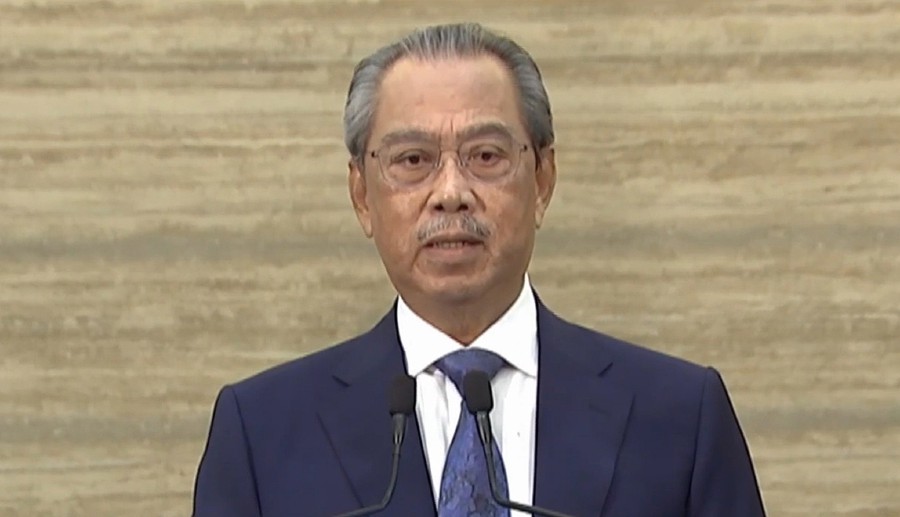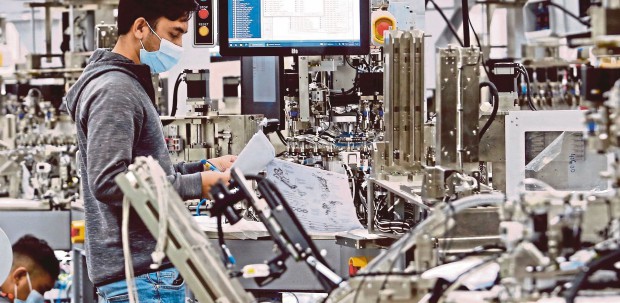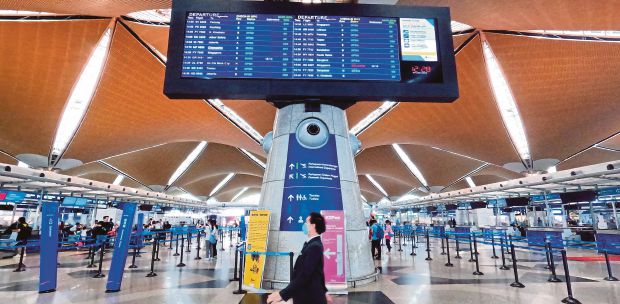KUALA LUMPUR: Malaysia today outlined three key priorities for the 21-member economies in the Asia-Pacific Economic Cooperation (Apec) to move forward towards sustainable economic recovery and growth post Covid-19.
When delivering his keynote address at the opening session of the high-level Apec CEO dialogues, Prime Minister Tan Sri Muhyiddin Yassin said among the key priorities included the need for the groupings, which economies constitute 60 per cent of the global Growth Domestic Product (GDP), to bolster digital economy and ensure inclusive growth.
Muhyiddin said the pandemic has shown the global community that technology can step-in and sustain communities even when movement is restricted to break the transmission chain of the virus.
"Innovation and digitalisation are fundamental within this context, as these enablers not only facilitate our efforts to reinvigorate economic activities, but also to safeguard the health and wellbeing of our people.
"We must, therefore, continue to innovate and leverage on new and emerging technologies that enhance productivity and drive development.
"Today continuous innovation is beyond mandatory. It is a prerequisite for businesses to remain relevant. Inventive, or at times, cutting-edge adoption and application of digital technologies is the very foundation upon which innovative business models are built.
"These digital technologies are pivotal in supporting and enhancing the value proposition of businesses and entrepreneurs," he said at the fully virtual event.
Without sufficient infrastructure and close cooperation between the public and private sectors, Muhyiddin cautioned that Apec runs the risk of excluding vulnerable groups due to their lack of access to digital tools.
"Promoting digital inclusion and narrowing the digital divide by increasing investments in ICT infrastructure for these groups is therefore, a must.
"I must stress that economic recovery and subsequently, growth, should ensure that no one is left behind. We must continue to adopt economic approaches that place a specific emphasis on women and youth: the backbone of the region's economy."
He cited a study conducted by the World Bank that a country's income per capita will grow significantly if economic barriers are removed or minimised for women.
This, he said, reflected the importance for Apec to acknowledge women's contributions to the economy and how much bigger a role they would play in a more inclusive economy.
"The youth must also not be left behind as we turn our eyes to the future, in a post-Covid19 world. With youth unemployment expected to rise, we must ensure that the younger generation is equipped with the right skills and knowledge that enable them to contribute effectively to the society," he said.
Muhyiddin reiterated the point which he had raised during Asean Plus Three (APT) Leaders' Interface with the East Asia Business Council (EABC) several days ago for strong partnership between the government and private sector.
"As an economic entity, Apec, which has always been an effective incubator of ideas, must remain sensitive to the needs of the private sector and continue to cultivate an environment that enhances business confidence.
"A strong partnership between governments and the private sector is pivotal to enable us to successfully overcome this pandemic and mitigate its consequence economic impact.
"While the government can continue to undertake measures that preserve an ecosystem oriented towards trade, and investment, it is ultimately the drive, resilience and the adaptability of the private sector that will enhance the economic prosperity of Apec economies," he said.






